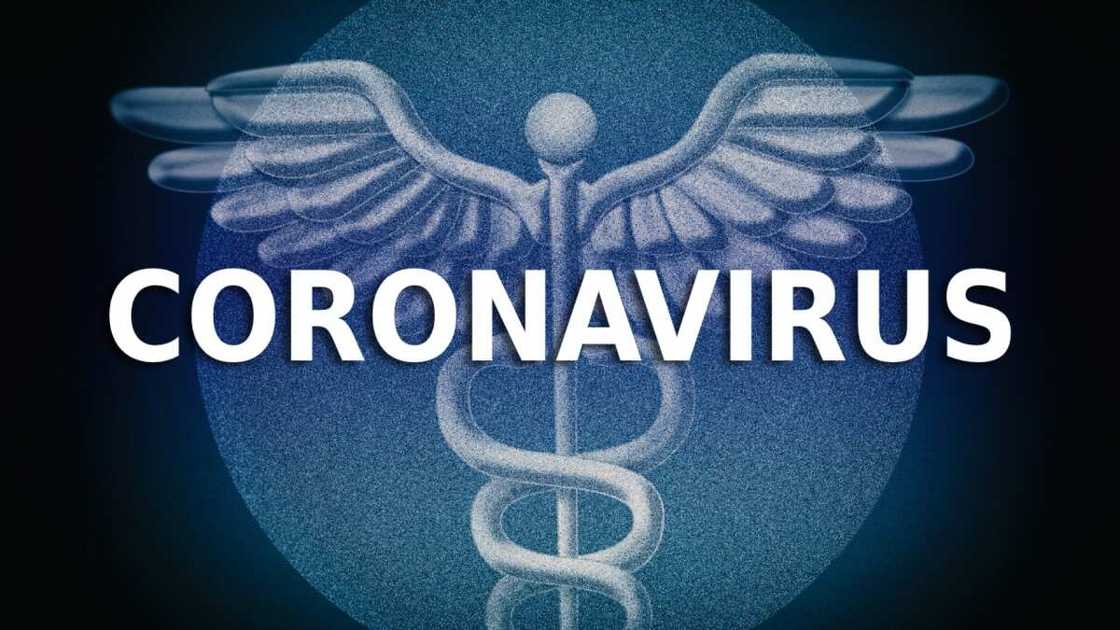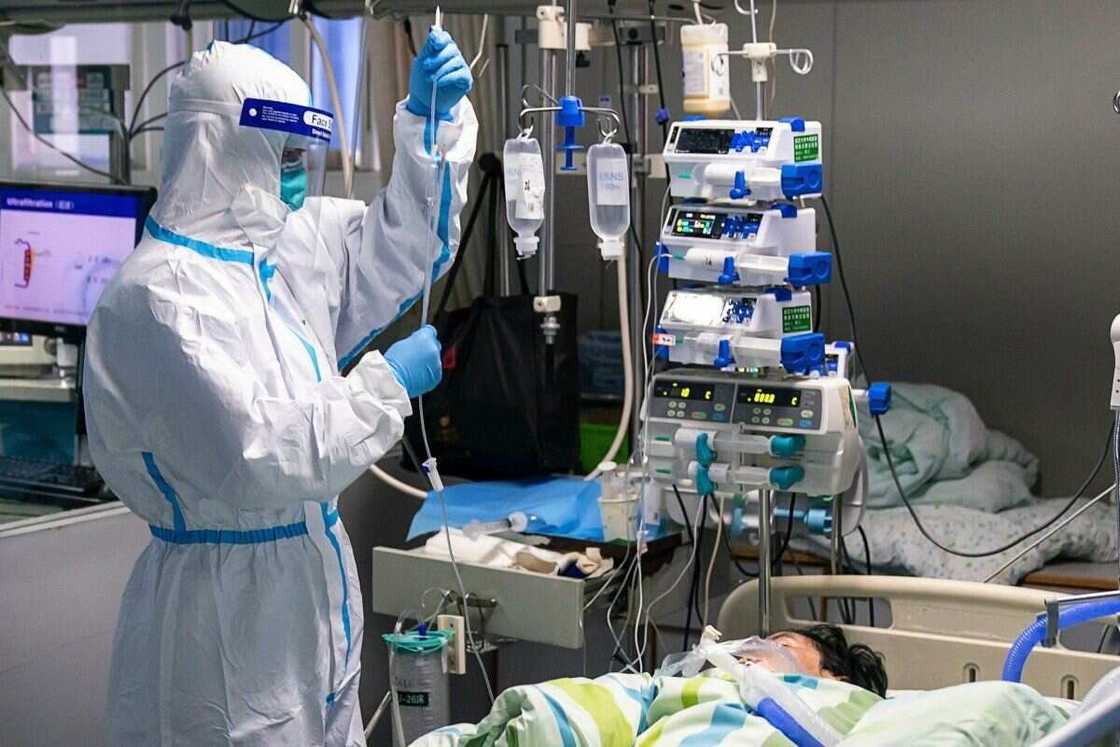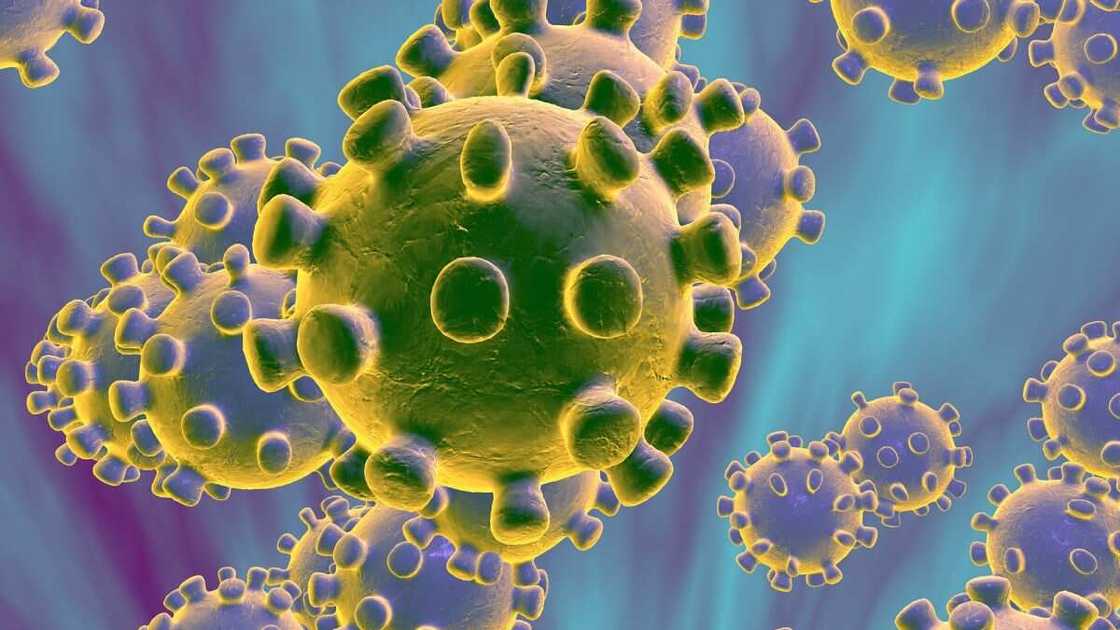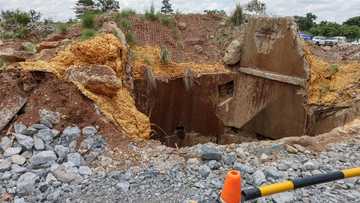Coronavirus in China: a timeline
The first case of coronavirus in China was reported in Wuhan, Hubei Province. In an effort to curb the worldwide spread of the sickness, Wuhan has been quarantined. WHO is closely monitoring the virus to see whether it will cause a global public health emergency.

Source: Twitter
Nothing puts the world on alert like the threat of war or disease. The quick escalation of the virus has caused widespread panic, and everyone wants to know what it is, its symptoms, and how to prevent it.
What is coronavirus?
The virus derives its name from its shape, which, when seen under a microscope, resembles a crown.
It is a respiratory disease with pneumonia-like traits. This strain is a new never-before-seen kind of coronavirus.

Source: Twitter
The first patients of the zoonotic ailment came from persons who had either visited or had ingested food from the live animal market in the Hubei town. From animal to human transmission, the infection is now spreading from person-to-person.
Types of the human coronavirus
The mid-1960s marked the discovery of the first virus outbreak. Scientists have classified the sub-viruses into alpha, beta, gamma, and delta, with only alpha and beta affecting humans. Since then, there are a total of seven types of disease that are found in humans.

Source: Twitter
They are
- 229E (alpha)
- NL63 (alpha)
- OC43 (beta)
- HKU1 (beta)
- MERS-CoV - Middle East Respiratory Syndrome (beta)
- SARS-CoV - Severe Acute Respiratory Syndrome (beta)
- 2019 Novel Coronavirus (2019-nCoV). - temporary name
While the first four types are common in humans, the last three are rarer and have proven to be more fatal to humans. They cause more deaths because the human immune system has not been exposed to them before and thus is not capable of fighting against them.
The SARS coronavirus, too, originated in China. It later became a global outbreak in 2003 infecting 8, 098, and by the end, it had taken the lives of 774 people.
Coronavirus transmission
The coronavirus mode of transmission is through the air (among humans) and it also hops from animals to humans through food. Just like SARS, this newly discovered 2019 strand is suspected of having originated from bats.
Bats are regarded as a delicacy in China and are sold in the Wuhan market. Even so, if patients did not get it directly from the bats, they could have gotten it from snakes, which feed on the ailing bats in the wild as well as while in captivity.
To protect yourself and others from the coronavirus infection, WHO has advised on the following:
- Frequent use of alcohol-based handwashes/sanitizers.
- Covering of the nose and mouth while sneezing and immediate disposal of the tissue used.
- Avoid close contact with anyone with a fever or a cough - The disease is airborne.
- Seek immediate medical attention if you have a fever, a cough or are experiencing any difficulty in breathing.
- Avoid contact with live markets - Especially those that have reported an outbreak of the ailment.
- Safe food handling practices - All raw meat, milk, and organs should be handled with extreme care
- Avoid consumption of raw or under-cooked meat and animal products.

Read also
24 hospitalised as strange illness emerges in Nigerian state, reportedly causing sudden collapse
Since this illness expresses both SARS and MERS symptoms, it would be wise to avoid contact with saliva, urine, faecal matter, and blood of other people.
Coronavirus symptoms
Reported symptoms from confirmed ill patients include:
- Fever
- Cough
- Shortness of breath

Source: Twitter
However, it should be noted that some patients outwardly show little no symptoms while others get violently ill. It manifests itself like the MERS virus.
The ailment incubates from two to 14 days after initial exposure.
Coronavirus deaths
As at the moment, the Coronavirus death toll is up to 80 people, all in China. While the disease has quickly spread worldwide, China has been the worst affected with about 2,744 reported infections so far. As of last week, on Friday (24th January), China had started building a new medical center to keep an eye on all the new patients.
Experts are in fear that the coronavirus in China infection could affect over 100,000 people. The ailment has not touched most parts of Europe, South America, and Africa. Hopefully, scientists can find a vaccine and cure for the illness before it claims more lives.
Source: Legit.ng





